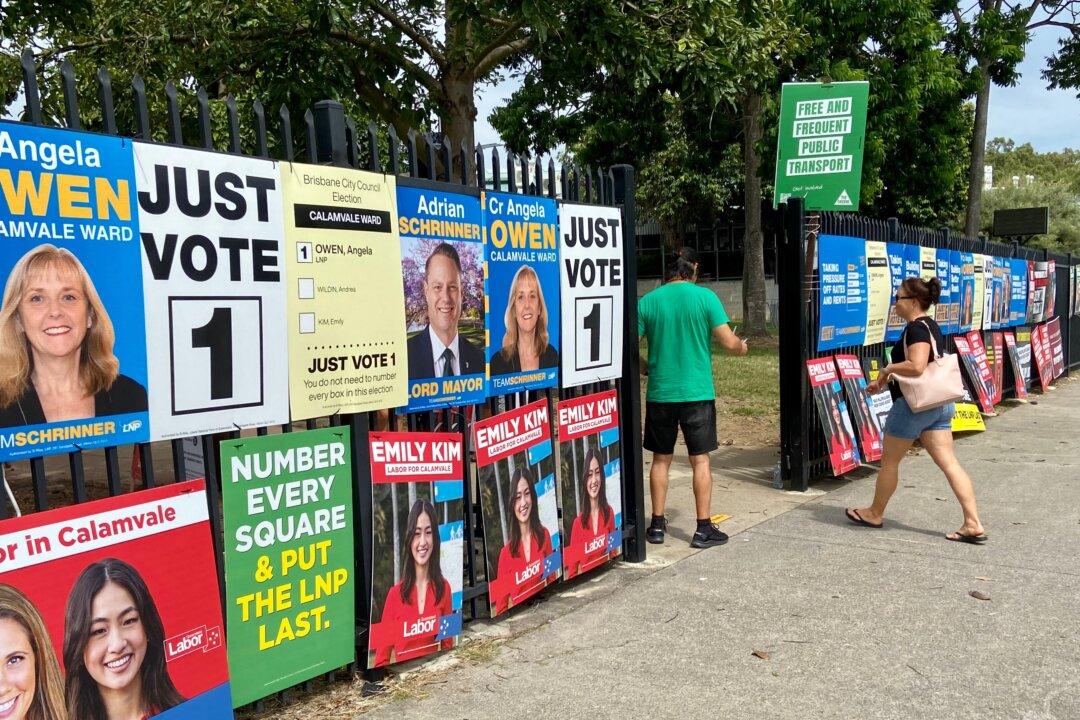Australia’s federal election has generated a record amount of paper, plastic, and cardboard waste, prompting experts to call for a shift to more sustainable—and possibly digital—voting methods.
The Australian Electoral Commission says it prints around 55 million ballot papers, 25,000 copies of the electoral roll, and 12 million household guides. Along with that are 250,000 pencils and 250,000 strings for those pencils.





